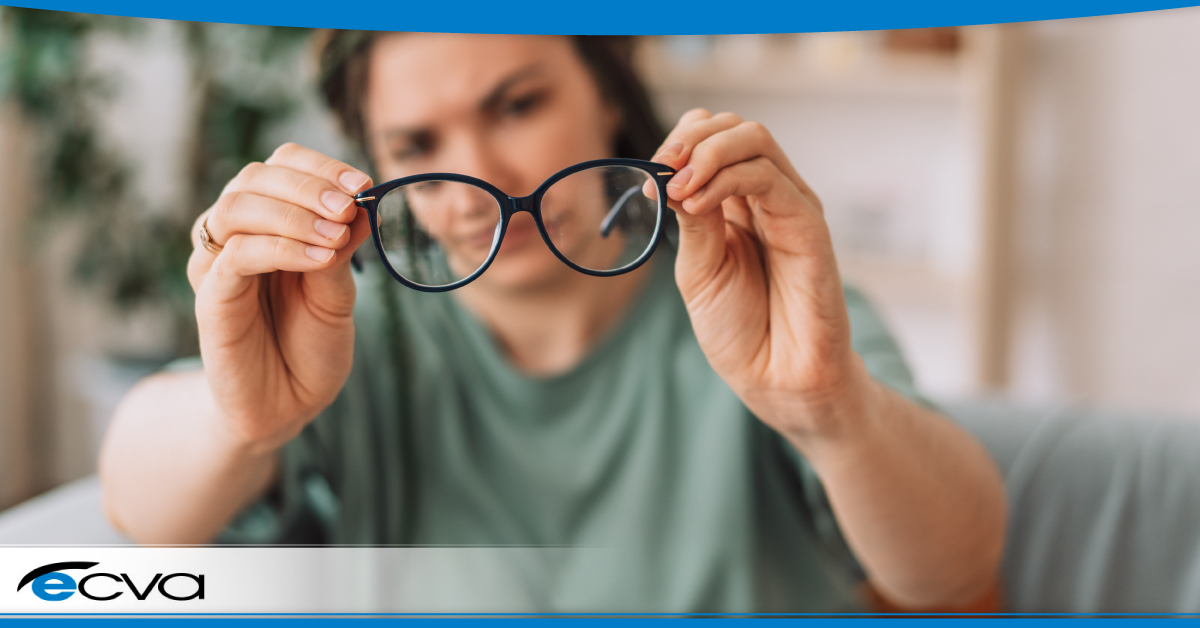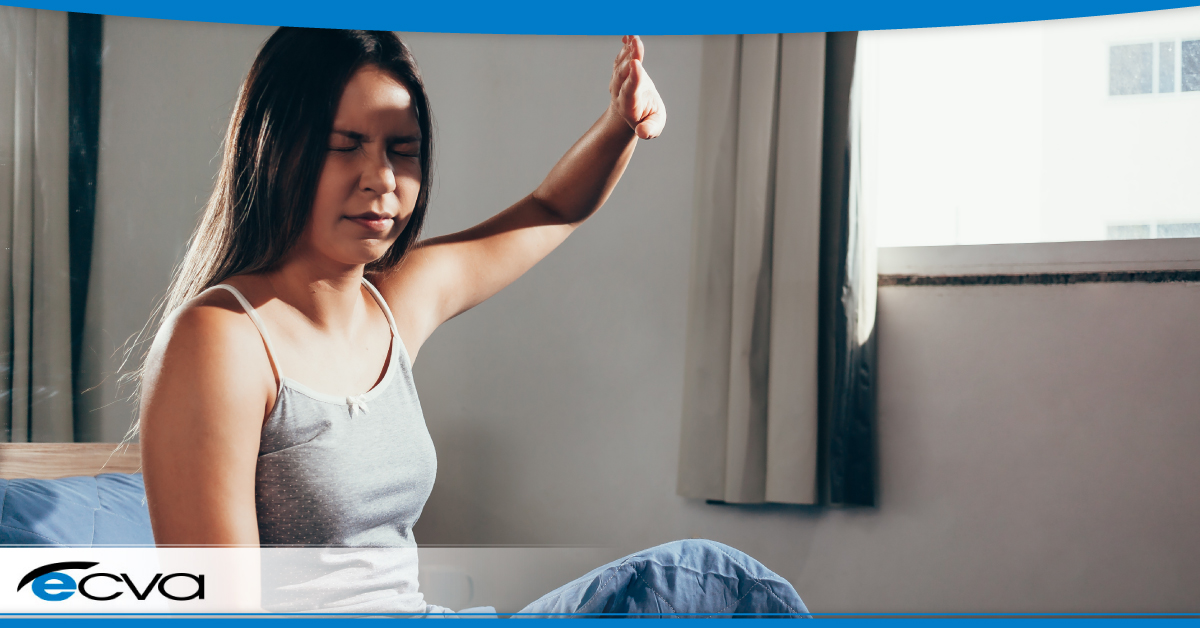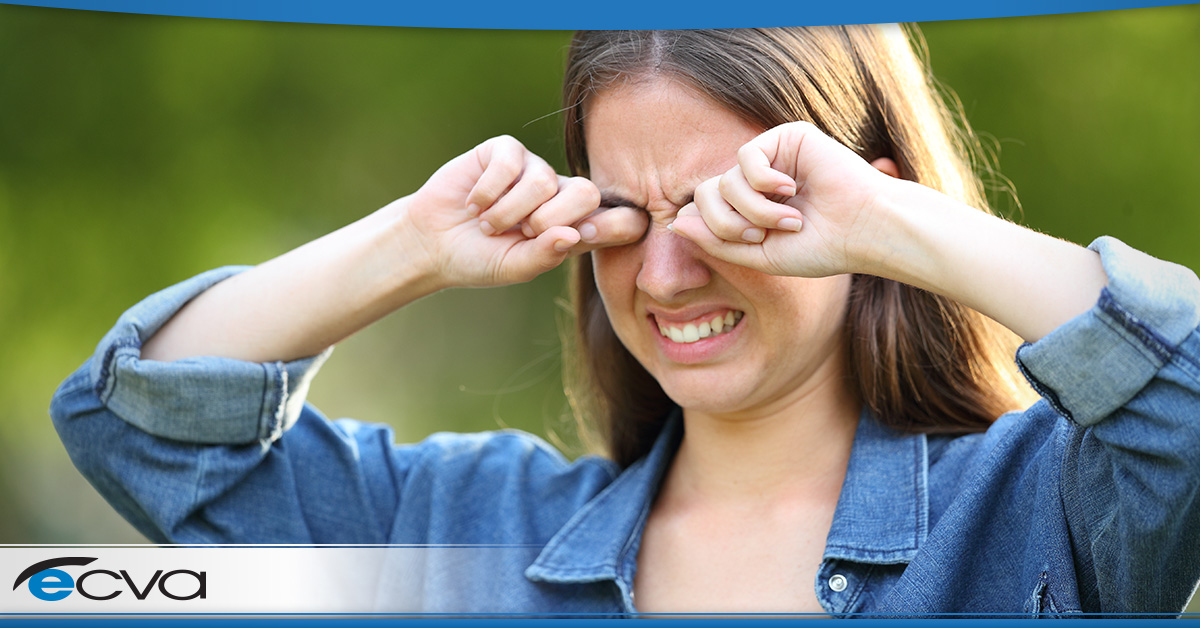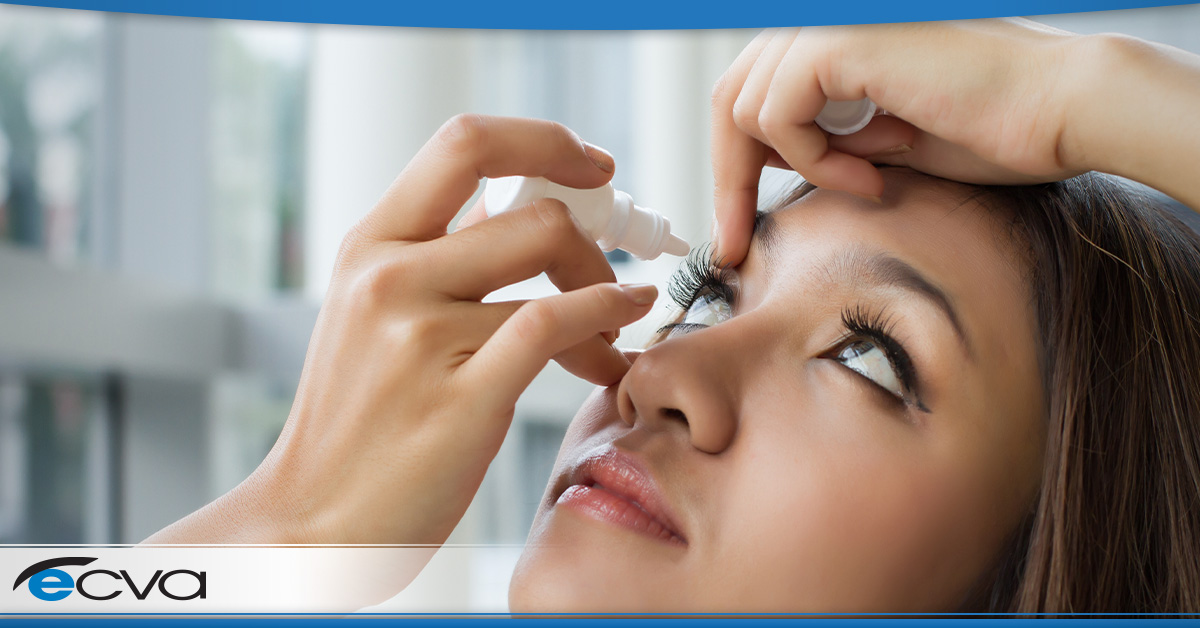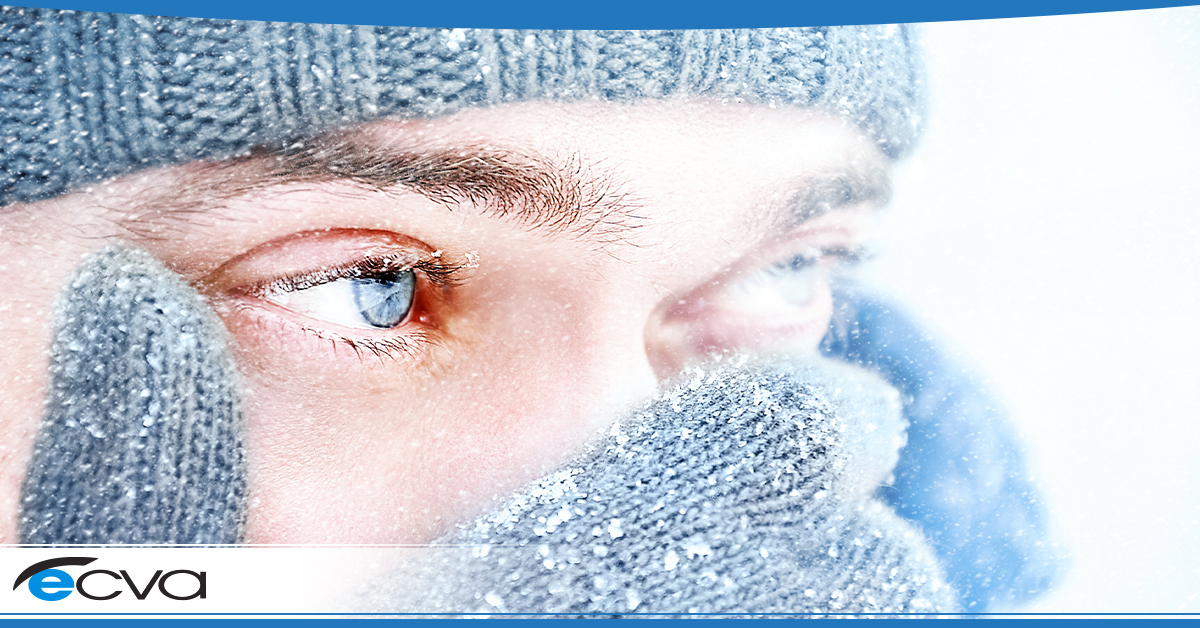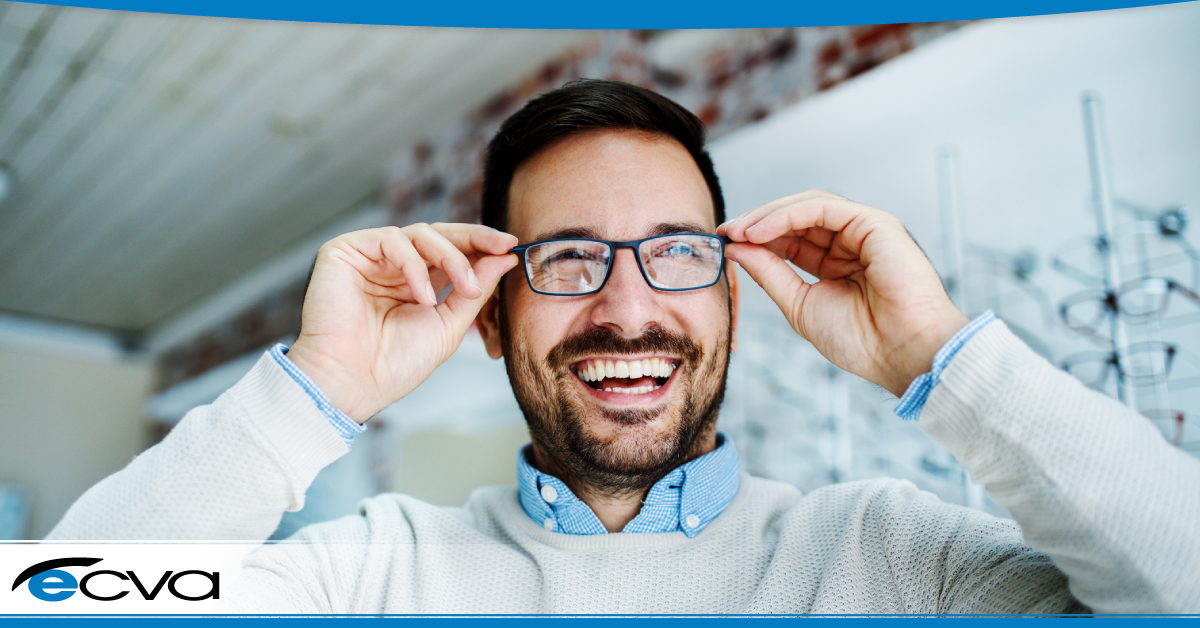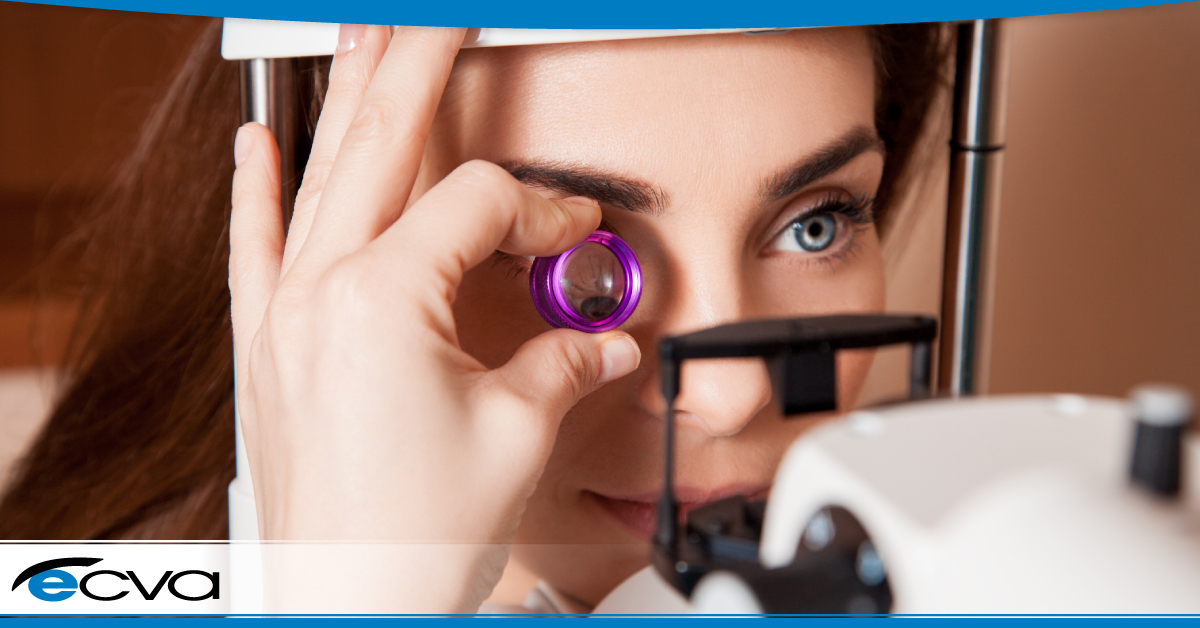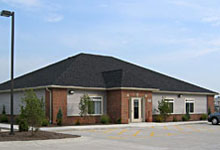As the April 2024 solar eclipse approaches, excitement builds in Buffalo, NY, where observers anticipate a breathtaking event. According to NASA, the partial eclipse will commence at 2:04 p.m., with totality beginning at 3:18 p.m. However, it’s crucial to prioritize eye safety during this awe-inspiring moment. Buffalo, NY, finds itself in the path of totality, offering a rare opportunity to witness the sun completely obscured by the moon. Here at ECVA, we’re dedicated to guiding you on safely viewing this extraordinary phenomenon.
Where to Get Eclipse Glasses in Buffalo
Thanks to Erie County’s support, free eclipse glasses are now at the Buffalo Museum of Science (limit: two per person). You can also get them at all 37 branches of the Buffalo & Erie County Library System. Call your library ahead to check availability. If buying your own, choose reputable sellers like RainbowSymphony.com. Make sure the glasses are certified for solar viewing and meet the ISO 12312-2 safety standard for direct observation of the sun.
Dangers of Unprotected Viewing
Staring directly at the sun, even during an eclipse, can cause severe eye damage or even permanent blindness. The sun’s intense rays can burn the retina, leading to solar retinopathy, a condition where the cells of the retina are damaged by solar radiation. Therefore, it’s crucial to emphasize that looking at the eclipse without proper eye protection is extremely dangerous.
Why Can’t I Wear My Sunglasses to Watch The Eclipse?
While sunglasses are essential for shielding your eyes from harmful UV rays during regular daylight, they are not suitable for viewing a solar eclipse. Regular sunglasses do not provide adequate protection against the intense brightness of the sun during an eclipse. Staring at the sun through them can still cause significant damage to your eyes.
Using Specialized Eclipse Glasses
The safest way to view a solar eclipse is by using specialized eclipse glasses. These glasses are equipped with solar filters that block out harmful ultraviolet, infrared, and visible light rays. When choosing eclipse glasses, ensure they meet the ISO 12312-2 safety standard to guarantee sufficient protection for your eyes. Additionally, inspect the glasses for any damage or scratches before use, as compromised lenses can allow harmful light to penetrate.
Making Your Own Solar Eclipse Viewer
If you’re unable to procure specialized eclipse glasses, you can create a simple solar eclipse viewer using household items. One method involves constructing a pinhole projector using cardboard or paper. By poking a small hole in one piece and allowing sunlight to pass through onto another surface, such as a piece of paper or the ground, you can safely observe the eclipse’s progress without looking directly at the sun.
Our Focus is on Care
Whether you’re using specialized eclipse glasses or crafting a DIY solar eclipse viewer, take the necessary precautions to safeguard your vision. Let’s make this celestial event a memorable and safe experience for everyone in Buffalo, New York.




